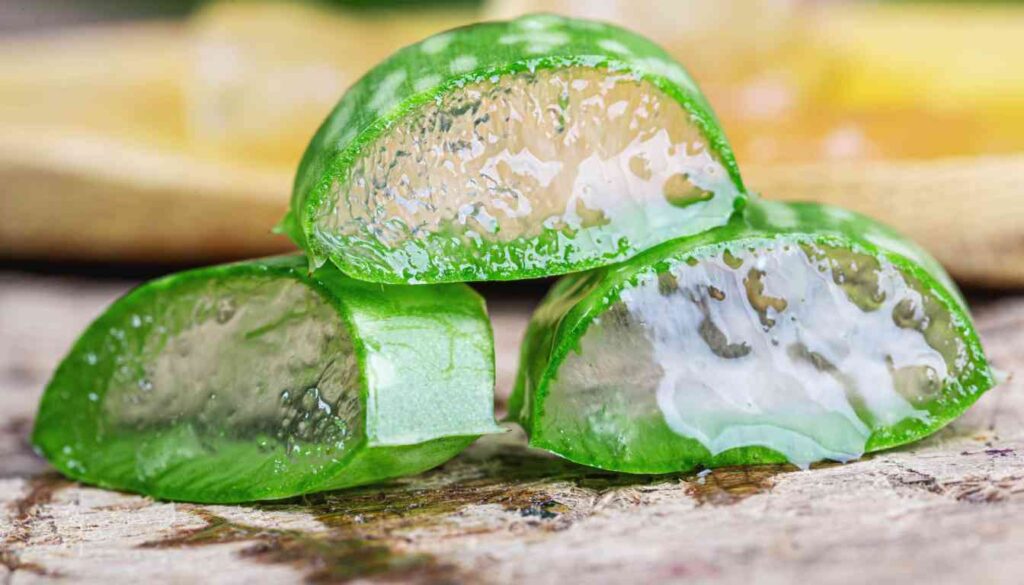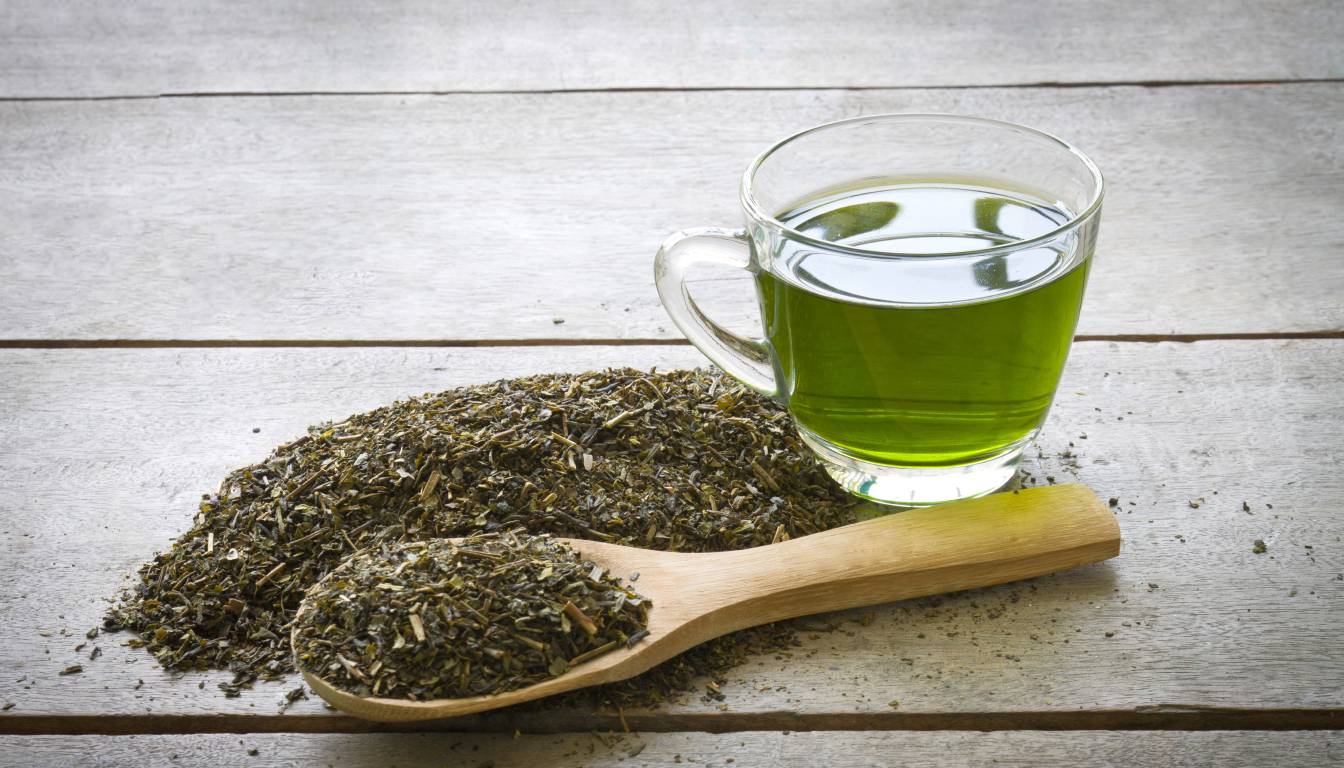Gingivitis is a common gum condition that causes swelling and discomfort in the gums. It is typically caused by poor oral hygiene, but other factors such as hormonal changes, smoking, and certain medications can also contribute. If left untreated, gingivitis can progress to more serious gum diseases and even lead to tooth loss. Fortunately, there are several effective home remedies for gingivitis that can help manage the condition and prevent it from worsening.
One effective home remedy for gingivitis is salt water rinse. Salt has natural antibacterial properties that can help reduce inflammation and kill bacteria in the mouth. To make a saltwater rinse, mix half a teaspoon of salt in a glass of warm water and swish it around your mouth for 30 seconds before spitting it out. Repeat this process two to three times a day.
Another home remedy for gingivitis is aloe vera. Aloe vera has anti-inflammatory and antibacterial properties that can help reduce gum inflammation and kill bacteria in the mouth. You can apply aloe vera gel directly to your gums or use an aloe vera mouthwash. To make an aloe vera mouthwash, mix a quarter cup of aloe vera juice with a quarter cup of water and swish it around your mouth for 30 seconds before spitting it out. Repeat this process two to three times a day.
What Is Gingivitis?
Gingivitis is a common gum disease that is caused by the inflammation of the gingiva, which is the part of the gum that surrounds the base of the teeth. It is usually caused by poor oral hygiene, which leads to the buildup of plaque and bacteria on the teeth and gums.
Plaque is a sticky film of bacteria that forms on the teeth and gums. If it is not removed by brushing and flossing, it can harden into tartar, which can only be removed by a dental professional. The buildup of plaque and tartar can irritate the gums, causing them to become red, swollen, and inflamed.
The symptoms of gingivitis include bleeding gums, bad breath, and receding gums. If left untreated, gingivitis can progress to periodontitis, which is a more serious form of gum disease that can lead to tooth loss and bone loss.
There are several risk factors for gingivitis, including poor oral hygiene, age, diabetes, stress, HIV, and rheumatoid arthritis. It is important to maintain good oral hygiene habits, such as brushing twice a day and flossing daily, to prevent the onset of gingivitis.
If you notice any signs or symptoms of gingivitis, it is important to seek medical evaluation from a dental professional. They can perform a thorough examination, including X-rays, to determine the extent of the plaque formation and any bone loss that may have occurred. Treatment for gingivitis usually involves professional cleaning, improved oral hygiene, and regular dental checkups.
Home Remedies for Gingivitis
As someone who has dealt with gingivitis in the past, I know how uncomfortable and frustrating it can be. Fortunately, several home remedies can help alleviate the symptoms and promote healing.
Saltwater Rinse
One of the simplest and most effective home remedies for gingivitis is a saltwater rinse. This can help reduce inflammation and kill bacteria in the mouth. To make a saltwater rinse, simply dissolve 1 teaspoon of salt in a cup of warm water and swish it around in your mouth for 30 seconds before spitting it out. Repeat this several times a day.
Homemade Mouthwash – Home Remedies for Gingivitis
Another option is to make your mouthwash using natural ingredients. One recipe involves mixing equal parts of water and hydrogen peroxide with a few drops of peppermint oil. Another recipe involves combining water, baking soda, and a few drops of tea tree oil. These homemade mouthwashes can help kill bacteria and freshen your breath.
Turmeric Gel Application
Turmeric is a spice that has anti-inflammatory and antimicrobial properties. Applying a turmeric gel to your gums can help reduce inflammation and fight off bacteria. To make a turmeric gel, mix 1 teaspoon of turmeric powder with a few drops of water until it forms a paste. Apply the paste to your gums and let it sit for 5 minutes before rinsing it off.
Oil Pulling
Oil pulling is an ancient practice that involves swishing oil around in your mouth to remove bacteria and promote oral health. Coconut oil is a popular choice for oil pulling because it has antimicrobial properties. Simply swish a tablespoon of coconut oil around in your mouth for 15-20 minutes before spitting it out.
Green Tea Remedy – Home Remedies for Gingivitis
Green tea is loaded with antioxidants and has been shown to have anti-inflammatory and antimicrobial properties. Drinking green tea regularly can help promote oral health and reduce inflammation in the gums. You can also make a green tea mouthwash by steeping green tea bags in hot water and using the cooled tea as a rinse.
These home remedies for gingivitis are just a few examples of the many natural ways you can promote oral health and alleviate symptoms. It’s important to remember that good oral care and self-care are essential for preventing and treating gingivitis. If your symptoms persist or worsen, be sure to consult with your dentist for further treatment options.
Topical Treatments for Gingivitis
As I mentioned earlier, gingivitis is a mild form of gum disease that can be treated at home using a variety of topical treatments. Here are some of the most effective ones:
Clove Application
Clove oil has anti-inflammatory and antimicrobial properties that can help reduce inflammation and fight off the bacteria that cause gingivitis. Applying clove oil directly to the affected area can help alleviate pain and swelling.
Aloe Vera Gel – Home Remedies for Gingivitis
Aloe vera gel is a natural anti-inflammatory and antimicrobial agent that can help soothe inflamed gums and fight off the bacteria that cause gingivitis. Applying a small amount of aloe vera gel to the affected area can help reduce swelling and promote healing.
Lemon Grass Oil
Lemon grass oil is a natural antimicrobial agent that can help fight off the bacteria that cause gingivitis. Using a mouthwash that contains lemongrass oil can help reduce inflammation and prevent further damage to your gums.
Baking Soda Paste
Baking soda is a natural abrasive that can help remove plaque and tartar from your teeth. Mixing baking soda with a small amount of water to create a paste and then brushing your teeth with it can help reduce inflammation and prevent further damage to your gums.
Sage Mouthwash
Sage is a natural anti-inflammatory and antimicrobial agent that can help reduce inflammation and fight off the bacteria that cause gingivitis. Using a mouthwash that contains sage can help alleviate pain and swelling and promote healing.
It is important to note that while these topical treatments can be effective in treating mild cases of gingivitis, they should not be used as a substitute for professional dental care. If your symptoms persist or worsen, you should consult your dentist for further treatment options. In addition to these treatments, practicing good oral hygiene, such as brushing and flossing regularly, can also help prevent and treat gingivitis.
Prevention and Best Practices

As with most health issues, prevention is key when it comes to gingivitis. Here are some best practices to help prevent gingivitis from developing:
Importance of Brushing and Flossing
Brushing your teeth at least twice a day with a soft-bristled toothbrush and flossing at least once a day are essential steps in maintaining good oral hygiene. Brushing helps remove plaque and bacteria from the surface of your teeth, while flossing helps remove plaque and bacteria from between your teeth and along the gumline.
Maintaining Good Oral Hygiene
In addition to brushing and flossing, maintaining good oral hygiene is important in preventing gingivitis. This includes using a mouth rinse, avoiding sugary foods and drinks, and quitting smoking if you are a smoker.
Green Tea and Hydrogen Peroxide
Green tea and hydrogen peroxide are two natural remedies that have been shown to help prevent gingivitis. Hydrogen peroxide can help kill bacteria and reduce inflammation, while green tea contains antioxidants that can help reduce inflammation and fight bacteria
Consulting a Dentist
Regular dental checkups and cleanings are important in maintaining good dental hygiene and preventing gingivitis. Your dentist can also perform scaling and root planing procedures to remove plaque and tartar buildup and help prevent gum disease.
The Connection Between Oral Health and Overall Health
It’s important to remember that oral health is connected to overall health. Medical conditions such as diabetes and hormonal changes can increase the risk of developing gingivitis, so it’s important to maintain good oral hygiene and seek treatment if necessary.
By following these best practices and consulting with a dental professional, you can help prevent gingivitis and maintain good dental hygiene.
Before You Go – Home Remedies for Gingivitis

Gingivitis is a common gum disease that can be prevented and treated with proper oral hygiene and home remedies. Maintaining good oral hygiene practices such as brushing twice a day, flossing, and using mouthwash can help prevent the onset of gingivitis. Moreover, home remedies such as saltwater rinses, oil pulling, and making mouthwash from natural ingredients can also be effective in treating gingivitis.
It is important to note that while home remedies can be effective in treating gingivitis, they should not be used as a substitute for professional dental care. If you experience persistent symptoms or severe gum disease, it is important to seek professional dental care as soon as possible.
Overall, with proper oral hygiene and the use of home remedies, gingivitis can be prevented and treated. By taking care of your teeth and gums, you can enjoy good oral health and prevent the onset of gum disease.
References – Home Remedies for Gingivitis
Little Herb Encyclopedia, by Jack Ritchason; N.D., Woodland Publishing Incorporated, 1995
The Ultimate Healing System, Course Manual, Copyright 1985, Don Lepore
Planetary Herbology, Michael Tierra, C.A., N.D., Lotus Press, 1988
Handbook of Medicinal Herbs, by James A. Duke, Pub. CRP Second Edition 2007
The Complete Medicinal Herbal, by Penelope Ody, Published by Dorling Kindersley
Check the Following Articles!
Herb List: The Ultra Guide to Herbs Exploration
The High-Quality Brand You Need To Know: Herb Pharm
Herbal and Supplements: A Comprehensive Guide
Home Remedies for Gingivitis and theherbprof.com: A Perfect Blend
Home Remedies for Gingivitis and theherbprof.com are like two herbs in a healing tea, each enhancing the other’s potency. Let’s steep ourselves in this herbal synergy!
Our Home Page at theherbprof.com is the heart of our herbal universe. It’s where we share our passion for herbs, their benefits, and how to use them. But what makes our heart beat? It’s our Home Remedies for Gingivitis section!
Frequently Asked Questions – Home Remedies for Gingivitis
How can I cure gingivitis at home?
There are several home remedies that can help cure gingivitis. One of the most effective ways is to maintain good oral hygiene by brushing your teeth twice a day and flossing daily. You can also use a saltwater rinse, make mouthwash from natural ingredients, and try oil pulling. Additionally, chewing guava leaves or using baking soda as a toothpaste can help reduce inflammation.
What are some natural remedies for gum disease?
Some natural remedies for gum disease include using aloe vera gel, applying tea tree oil, and rinsing with green tea. Aloe vera gel has antibacterial and anti-inflammatory properties that can help reduce inflammation and promote healing. Tea tree oil has antimicrobial properties that can help kill bacteria in the mouth. Green tea contains antioxidants that can help reduce inflammation and fight gum disease.
How can I tell if my gingivitis is healing?
You can tell if your gingivitis is healing by looking for signs of improvement in your gums. If your gums are less red and swollen, and if they bleed less when you brush or floss, it is a good sign that your gingivitis is healing. Additionally, if you have less pain or discomfort in your gums, it is another indication that your gingivitis is improving.
What are some treatments for swollen gums?
Some treatments for swollen gums include using a cold compress, rinsing with salt water, and using over-the-counter pain relievers. Applying a cold compress to your face can help reduce swelling and inflammation. Rinsing with saltwater can help kill bacteria and reduce inflammation. Over-the-counter pain relievers such as ibuprofen or acetaminophen can help reduce pain and discomfort.
Is it possible to get rid of gingivitis on my own?
Yes, it is possible to get rid of gingivitis on your own by maintaining good oral hygiene and using home remedies such as saltwater rinses, oil pulling, and chewing guava leaves. However, if your gingivitis is severe or if it does not improve with home remedies, you should see a dentist for professional treatment.
Can hydrogen peroxide help with gingivitis?
Yes, hydrogen peroxide can help with gingivitis by killing bacteria in the mouth and reducing inflammation. However, it is important to use hydrogen peroxide in moderation and to dilute it with water before using it as a mouthwash. Overuse of hydrogen peroxide can cause irritation and damage to the gums.
